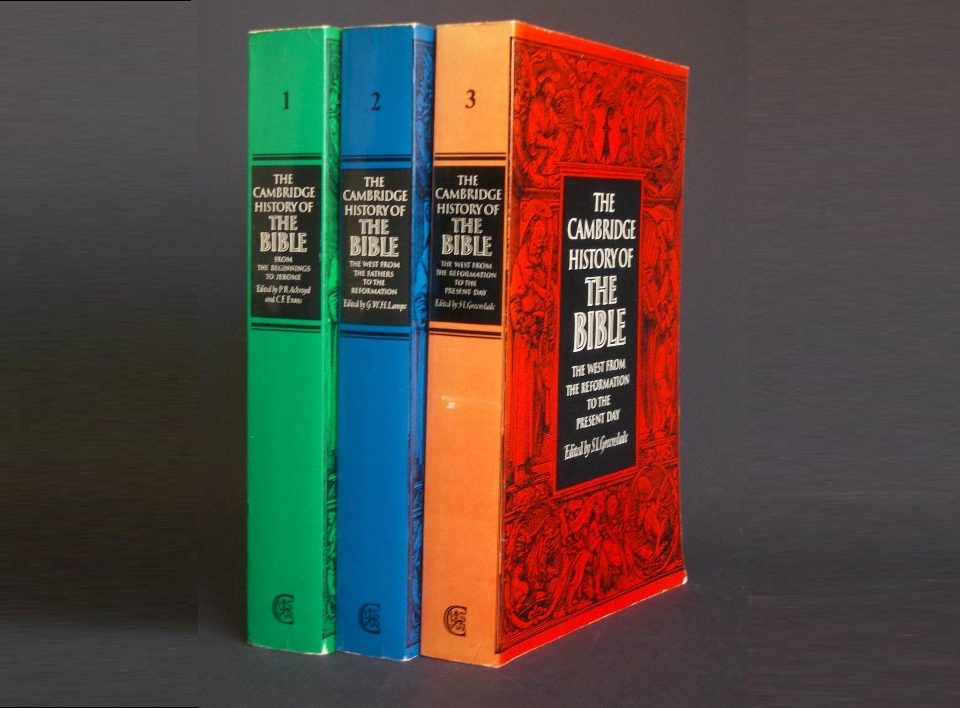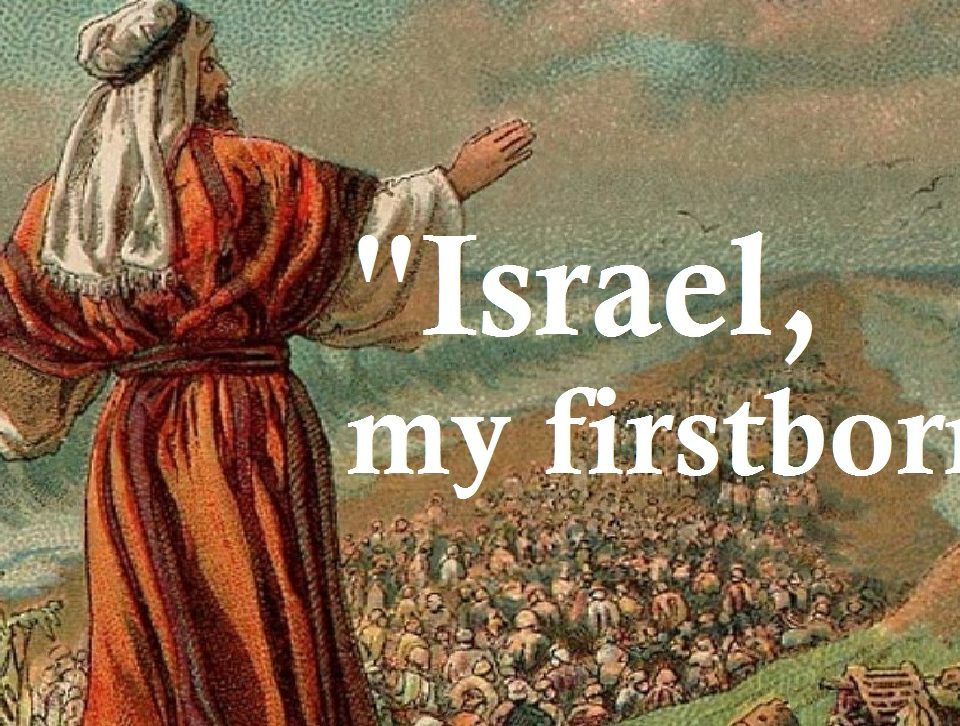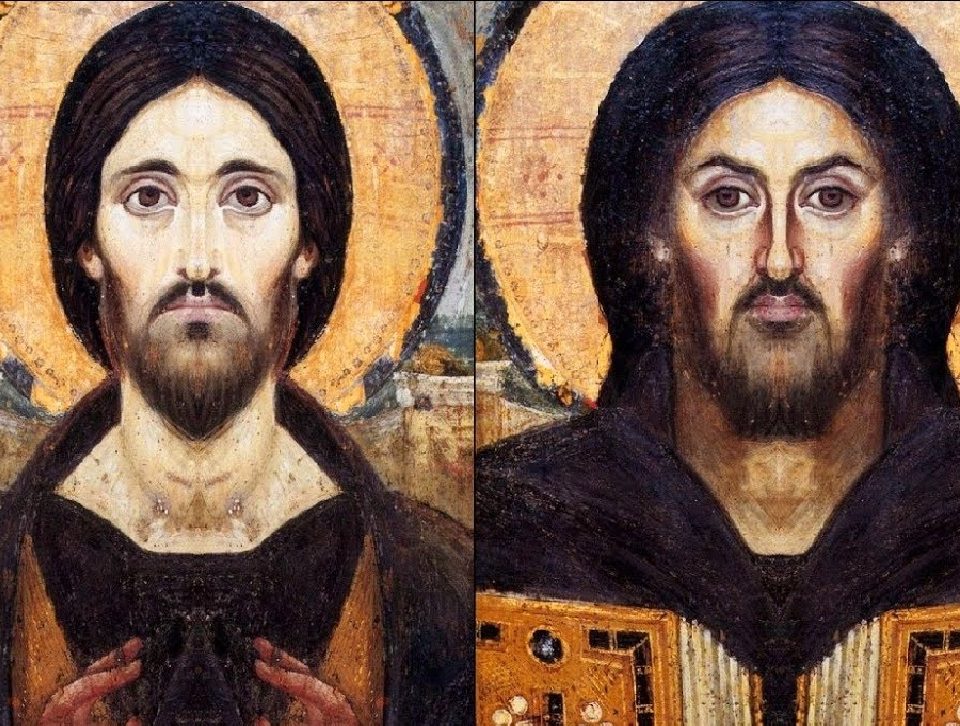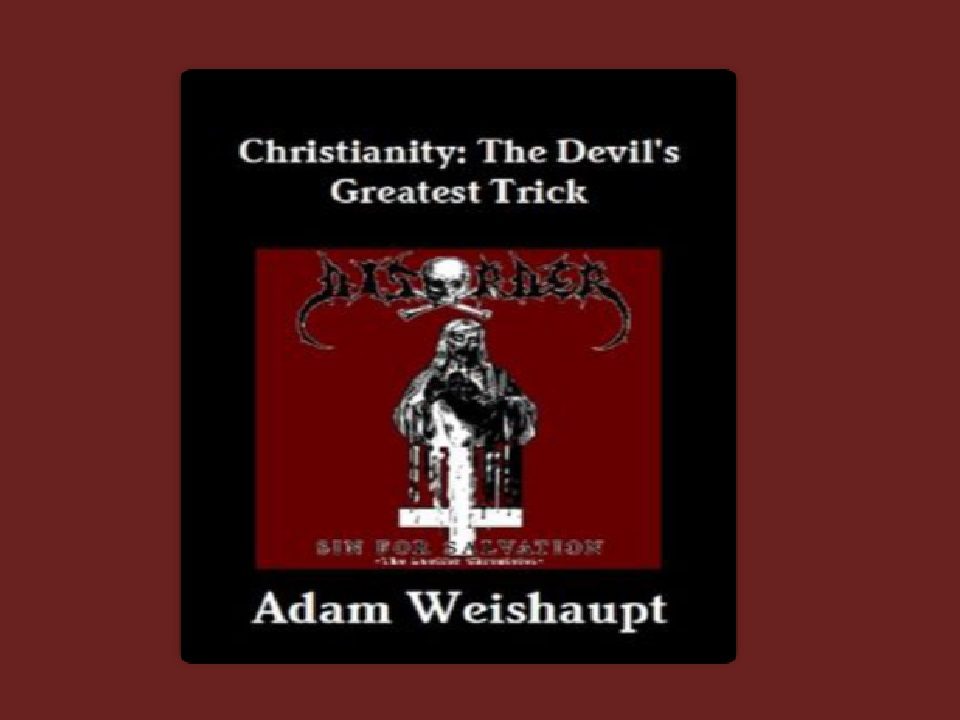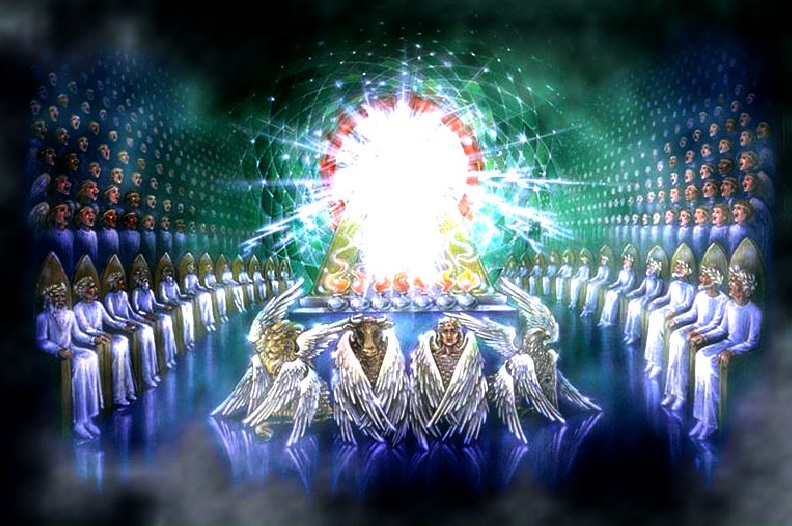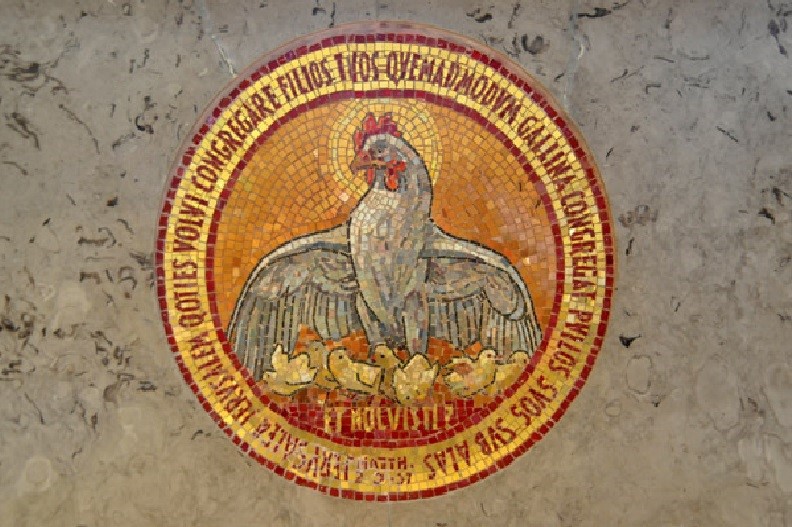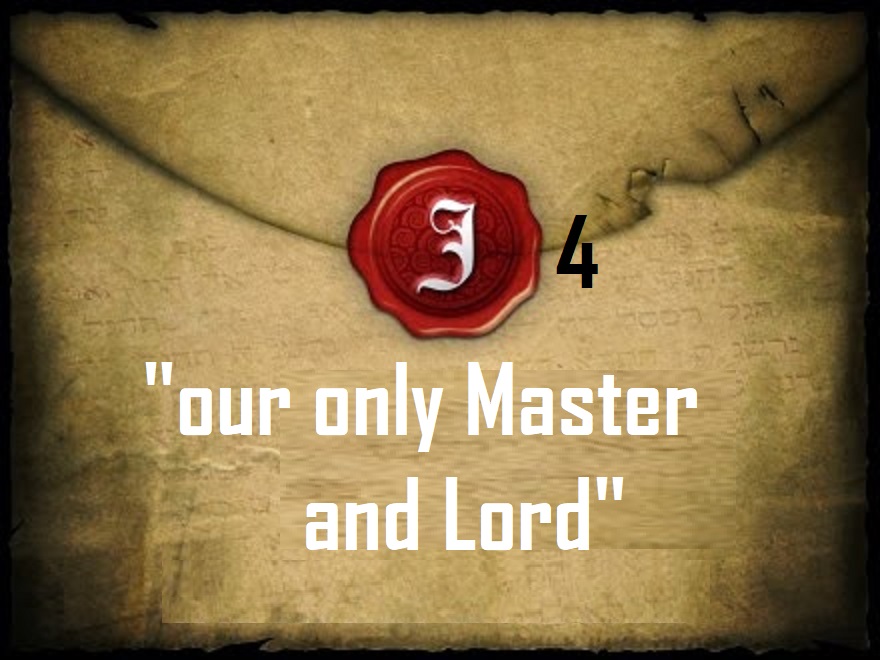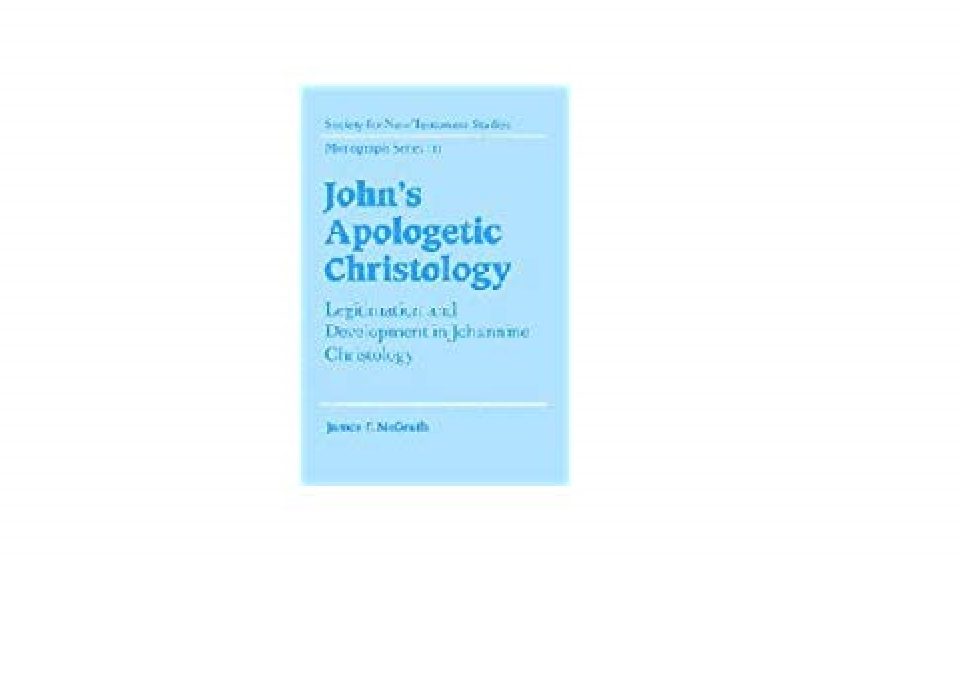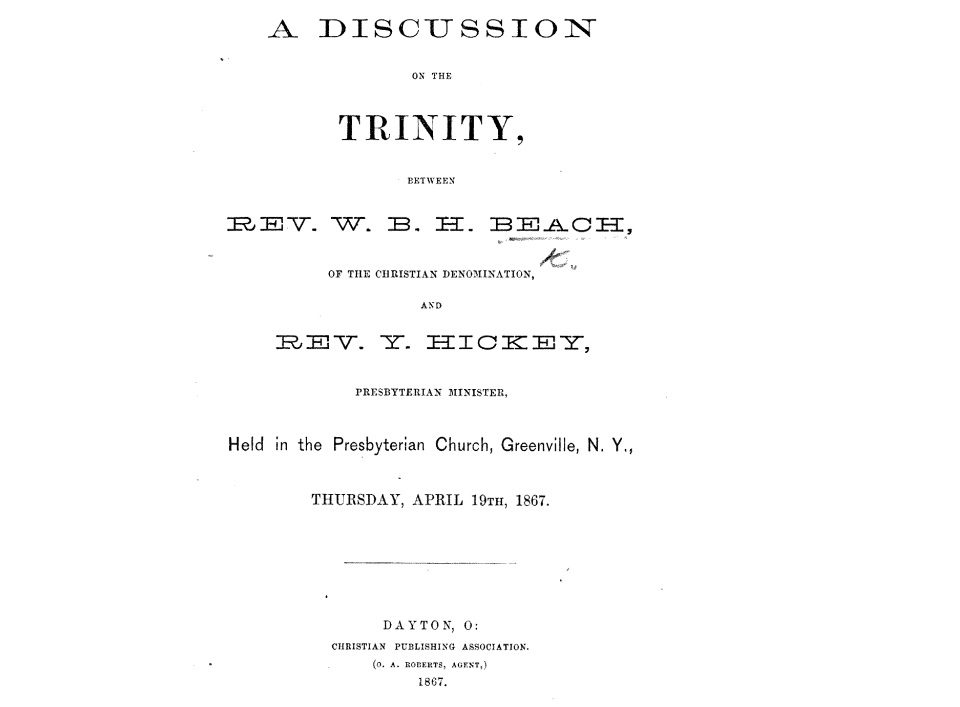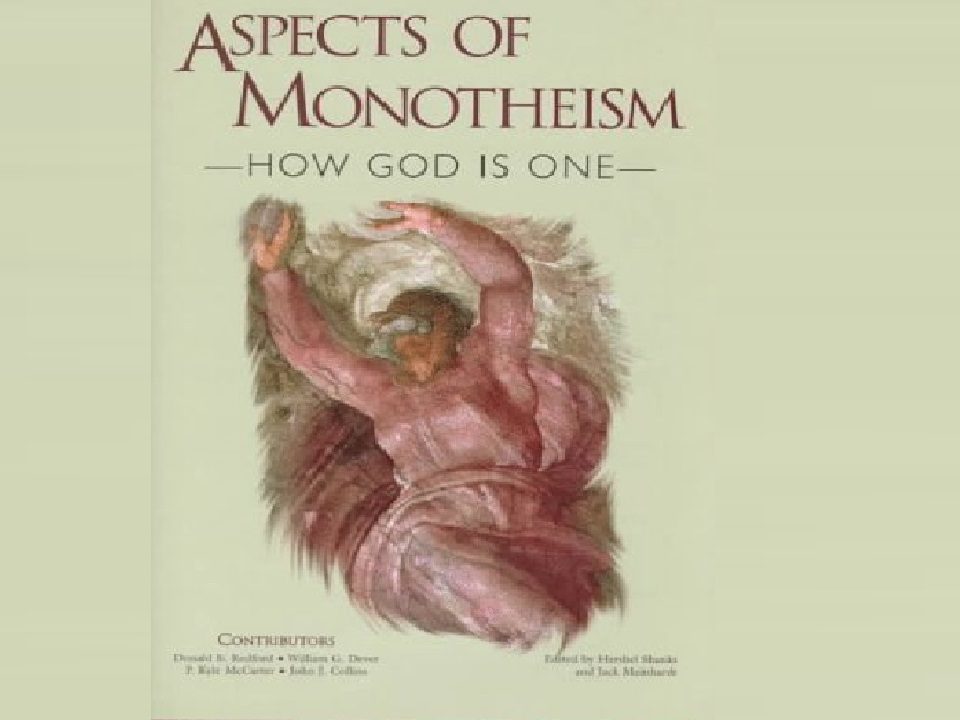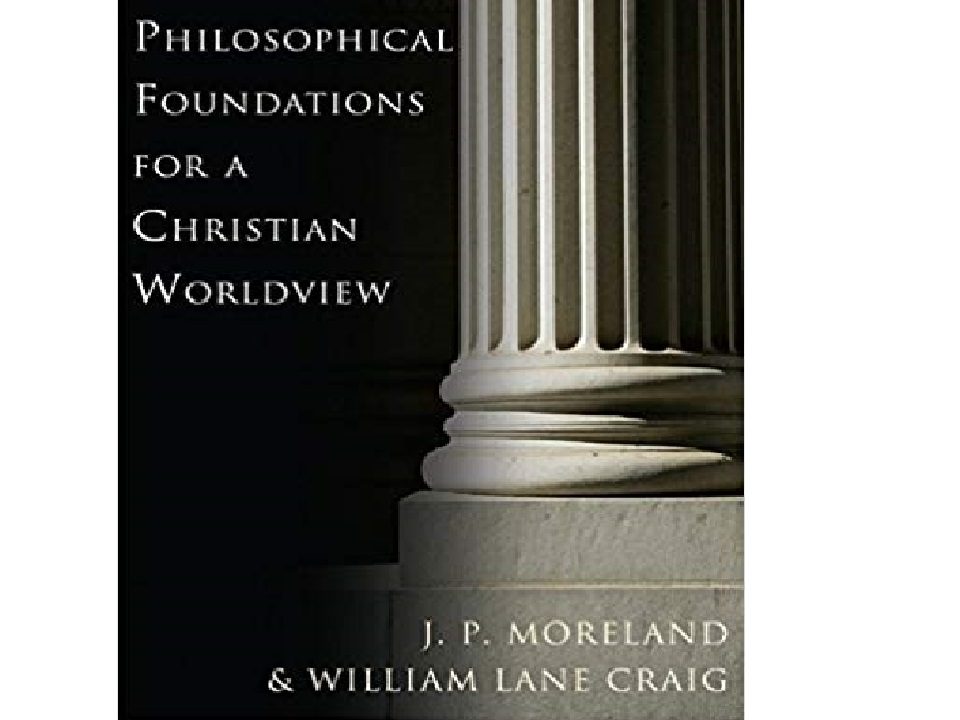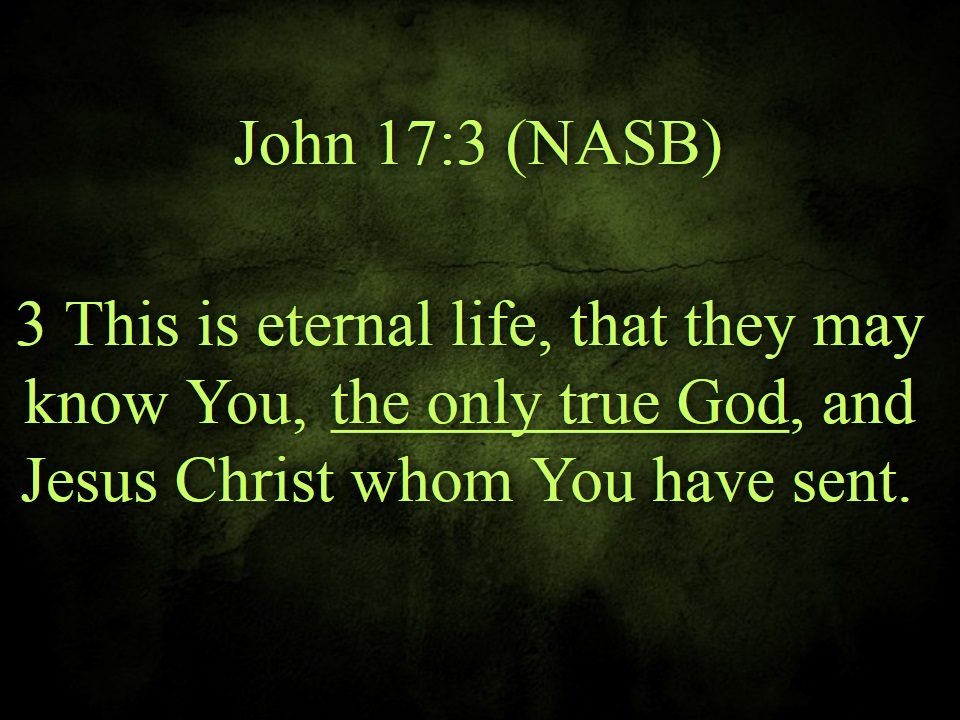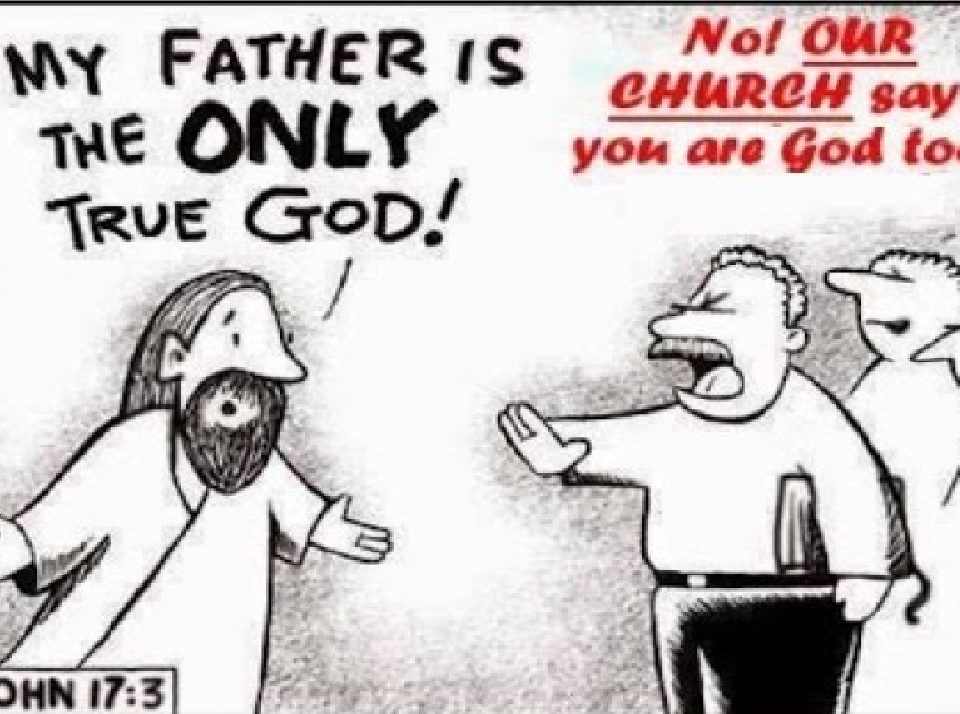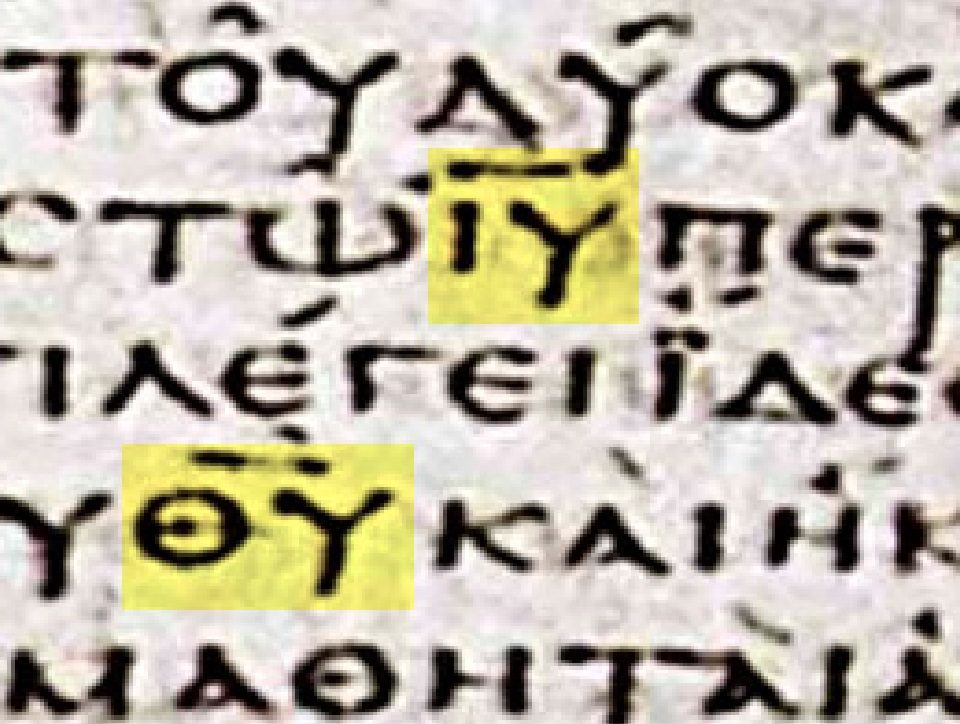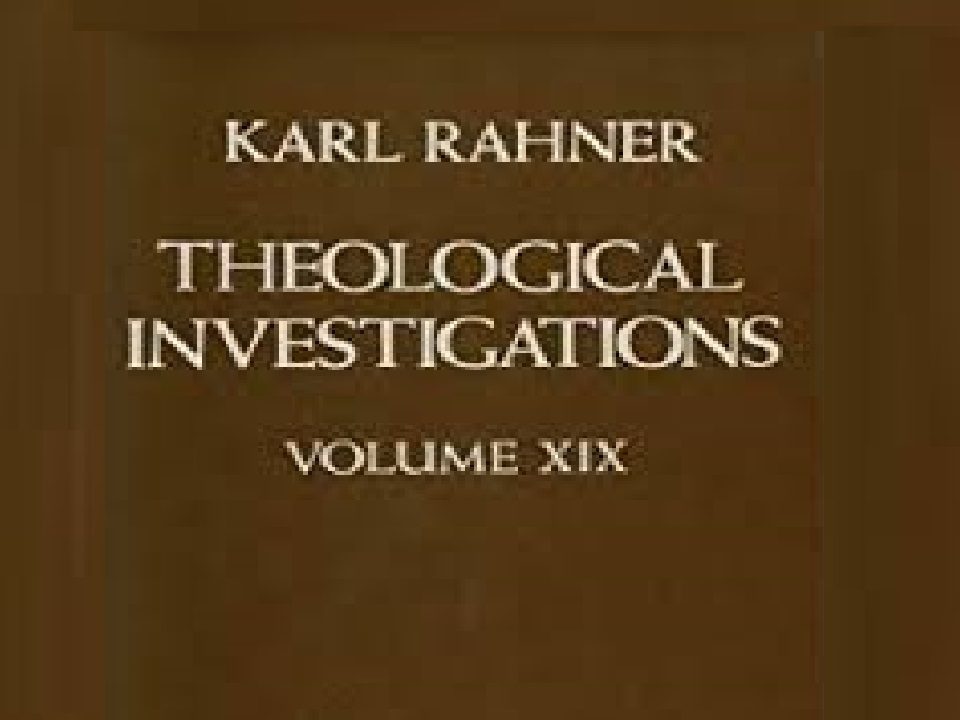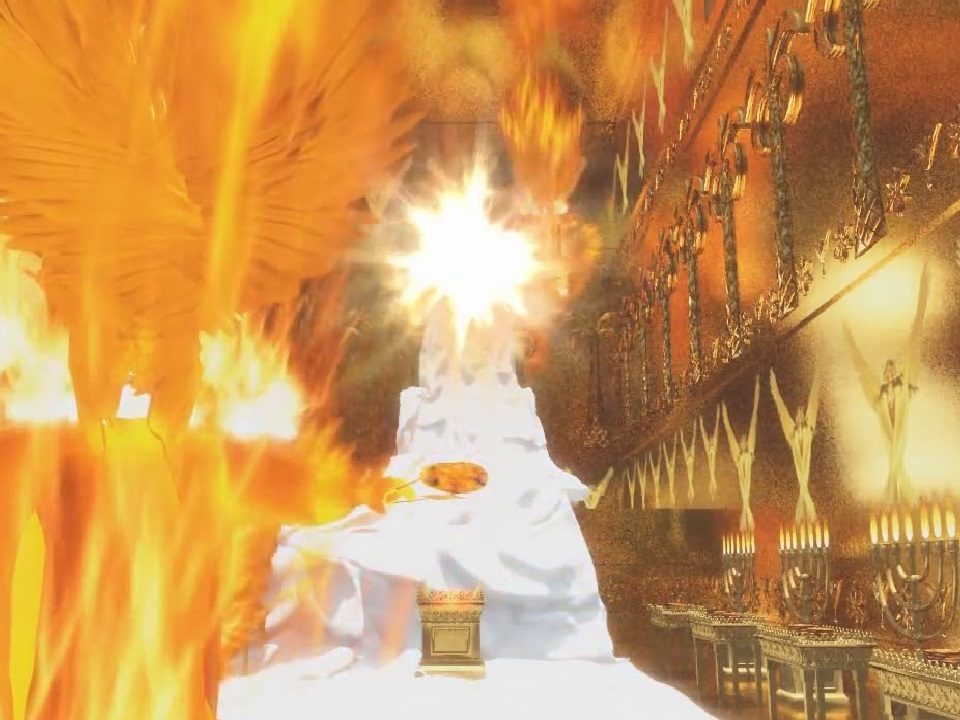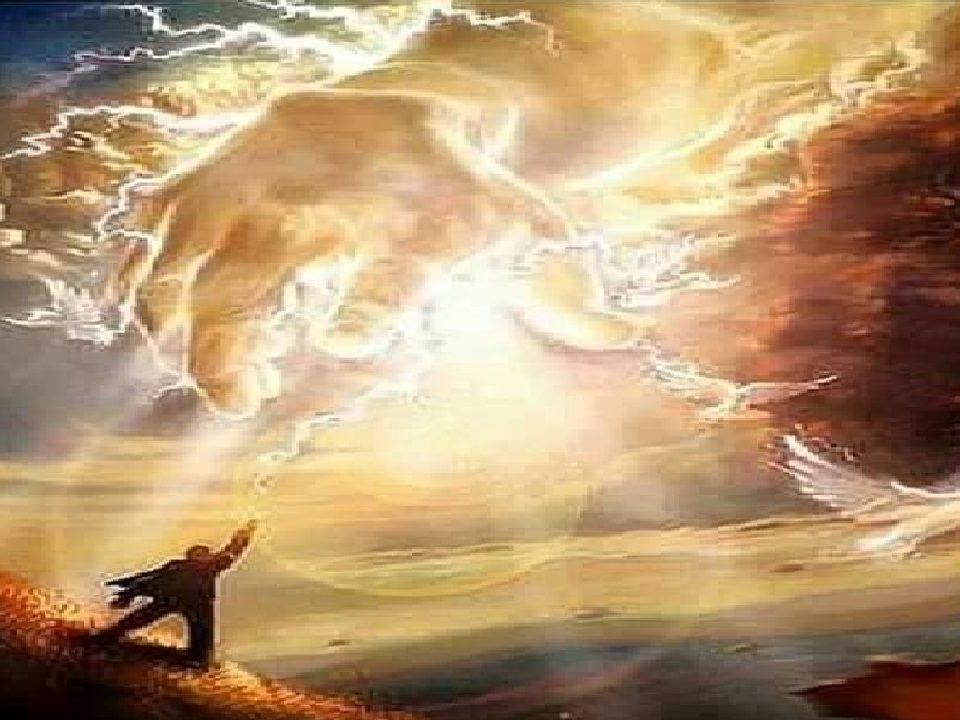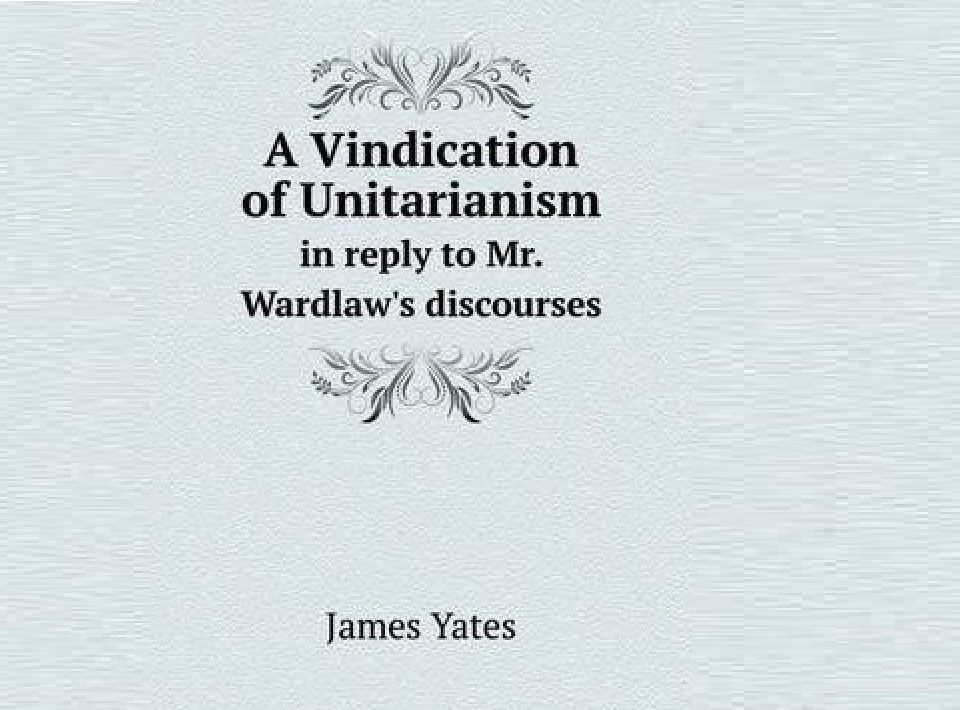October 30, 2019
From The Cambridge History of the Bible vol. 1. THE VALUE OF VERSIONAL ATTESTATION It is basic to the hypothesis of change in this period and […]
September 28, 2019
The central answer to this question is that the word “Israel” is always a “masculine, singular” noun in biblical Hebrew. One of the basic studies for […]
September 28, 2019
by Carol Siders God became sin for us!! And God made God who had no sin to become sin for us so that in God we […]
September 28, 2019
The Most Irrational Idea of All Time from Christianity: The Devil’s Greatest Trick, Adam Weishaupt. When the Christian Bishop Nestorius taught that Jesus Christ was effectively […]
July 31, 2019
“Nothing accursed will be found there anymore. The throne of God and of the Lamb will be in it, and his servants will worship him.” Revelation […]
July 31, 2019
In Matthew 23:37 Jesus once again appropriates to himself a familiar “Yahweh text” that shows God sheltering people under His wings (most notably in the Psalms […]
July 31, 2019
In John 2.19 Jesus did not say, “I will raise myself up.” The word translated “raise” [egeiro] simply means to get up or to wake up. […]
July 16, 2019
The scriptures clearly teach that the God of the OT, in fact the God of the entire Bible, is one Single individual, one Self, one He, […]
July 16, 2019
It was common for students in the Greek world to go from one school of philosophy to another, listening to debates and querying positions taken, and […]
July 16, 2019
Tertullian affirmed that the two natures of Christ “acted distinctly” and that while the two natures are “conjoined” in Jesus, they must not be confounded so […]
June 27, 2019
A recent trend by the Jesus-is-God movement is to point to Jude 4 in order to do away with the clear statement in John 17:3 where […]
April 25, 2019
James McGrath, John’s Apologetic Christology, pp 77-79. “The Johannine conflict with `the Jews’ over Christology was not about Jesus performing divine functions per se. If Jesus […]
April 25, 2019
Between Rev. W. B. H. Beach, of the Christian Denomination, and Rev. Y. Hickey, Presbyterian Minister, held in Presbyterian Church, Greenville, NY., 1867. A Methodist Minister […]
April 25, 2019
These titles are synonymous but applied in two different ways to God the Father and His Son, Jesus. For Jesus the “first and the last” means […]
March 28, 2019
Jesus is not “a second God” like Philo’s Logos; he is one with the Father, so that those who worship both Father and Son can still […]
March 28, 2019
Social trinitarians typically look to the Cappadocian Fathers as their champions. As we have seen, they explain the difference between substance and hypostasis as the difference […]
March 28, 2019
For historical, classical Trinitarians, Jesus’ declaration that the Father is “the only true God” in John 17:3 was certainly a problem—not it seems, for modern-day apologists. […]
February 23, 2019
For the Gospel of John “God is the Father, Jesus the Son of the Father” (2 John 3; cp. John 5.18, 25-27, 41-44; 6.27, 43-46, 68-69; […]
February 23, 2019
“God of Gods, and Lord of Lords“: Stephen D. Snobelen Newton defines the phrase “God of gods” as referring univocally to “God the father…the ancient of […]
February 22, 2019
What They’re Not Telling You! A half truth is a whole lie. ~Yiddish Proverb A massive deception continues to be perpetrated on the public by Trinitarian […]
February 2, 2019
by Karl Rahner By theos the Greeks did not mean the unity of a definite personality in the monotheistic sense, but rather the unity of the […]
February 2, 2019
The theme that runs through the whole “suffering servant” cycle John 12:41 mentions is “glory.” So a paraphrase would be something like… ‘Isaiah said these things […]
February 2, 2019
Hebrews 1:10 is definitely about the Son and not the Father. It would be foolish to apply the context of the whole chapter as a reference […]
January 10, 2019
Yates, A Vindication of Unitarianism: In Reply to the Rev. Ralph Wardlaw, Part 4 When we read, that “there is one God, and there is none […]





